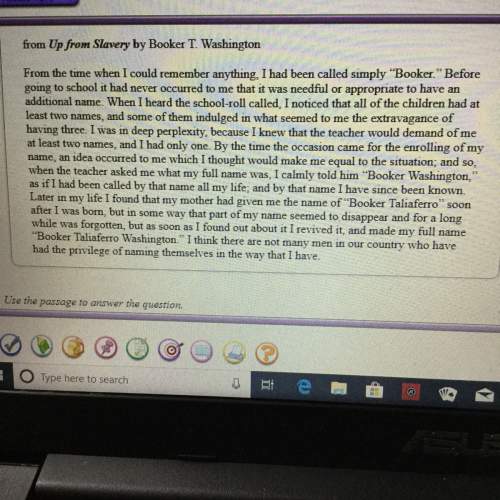
Read the excerpt from The Crisis, Number I by Thomas Paine.
“Not all the treasures of the world, so far as I believe, could have induced me to support an offensive war, for I think it murder; but if a thief breaks into my house, burns and destroys my property, and kills or threatens to kill me, or those that are in it, and to 'bind me in all cases whatsoever' to his absolute will, am I to suffer it? What signifies it to me, whether he who does it is a king or a common man; my countryman or not my countryman; whether it be done by an individual villain, or an army of them? If we reason to the root of things we shall find no difference; neither can any just cause be assigned why we should punish in the one case and pardon in the other.”
Which is the clearest and most objective summary of the excerpt?
Paine declares that it will take all the money in the world to convince him to support this war. He asks what difference it makes who his opponent is or what crime he commits. In either case, Paine asserts that he must be punished.
Paine says that war is terrible, and ordinarily nothing could have convinced him to support it. However, he also believes that if a person or group commits severe crimes against him, that party should be punished, no matter who they are.
Paine's claim that no amount of money could induce him to wage war is self-serving, but he argues rightly that anyone who threatens his safety or the safety of his family should be punished.
All the treasures of the world could not have induced me to support an offensive war, for it is murder; but if a thief threatens to kill me or my family should I suffer it? Does it matter if it is a king, a common man, my countryman or not? Should I punish one and pardon the other?

Answers: 3
Another question on English



English, 22.06.2019 05:00
1point the u.s. declaration of independence is structured logically to lead from premise to conclusion. which statement best completes its flow of reasoning? 1. all people are equally entitled to certain rights. ii. our rights have been violated by the british government. iii. ? o a. americans agree that king george iii is a tyrannical ruler. o b. americans must form their own government to protect their rights. o c. these rights are natural and god-given to all men equally. o d. no one can argue with the list of violations presented herein.
Answers: 1

English, 22.06.2019 05:30
Type the correct answer in the box. spell all words correctly. certain species of insects introduced accidentally in a forest are destroying all the douglas fir trees in that forest. the wood of these trees is extensively used for construction. in order to control the damage caused by these insects, the forestry department decided to introduce the moth caterpillar in the forest. these caterpillars are natural predators of the insects. which method did the forestry department implement to control the invasive species? the forestry department implemented a(n) control method.
Answers: 1
You know the right answer?
Read the excerpt from The Crisis, Number I by Thomas Paine.
“Not all the treasures of the world, so...
Questions

Geography, 03.01.2020 04:31






English, 03.01.2020 04:31
















